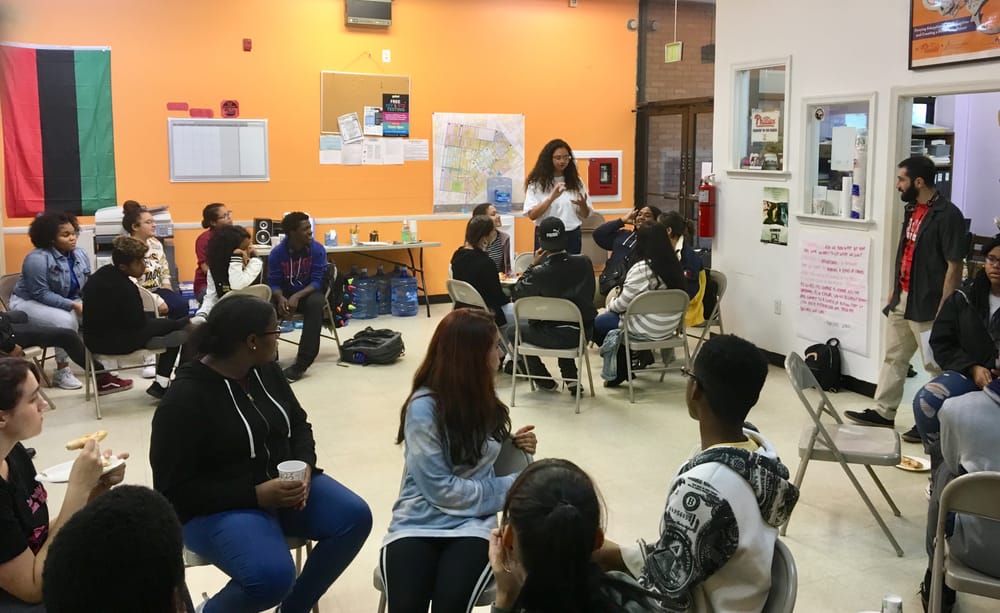“The more people participate in the process of their own education, the more the people participate in the process of defining what kind of production to produce, and for what and why the more the people participate in the development of themselves. The more people become themselves, the better the democracy.” – Brazilian Educator and Philosopher Paolo Freire
The struggle for freedom is in essence the struggle for human development. In layperson’s terms, all of history can be summed up as the struggle over how to best utilize society’s wealth and institutions to improve the lives of its citizens. This ongoing contest over “the social contract” has led to qualitative leaps over time concerning what it means to be human and the type of world necessary for sustaining the species’ existence; and will continue to do so indefinitely, as long as human beings continue to evolve.
All people deserve to realize their individual and collective potential(s) unencumbered. To do this, we need institutions and infrastructure designed to both teach us how to individually and collectively address our daily needs, while encouraging us to expand our imaginations beyond mundane day-to-day living. In the modern context, our conception of public education and schools should be dedicated to helping us identify new frontiers of discovery, and provide us with the theoretical and practical tools to engage in the perpetual exploration of the world and ourselves.
Schools by their very nature are institutions of social reproduction. In schools, we learn more than just arithmetic, what dissected frogs look like, and how to write essays. Schools are where we learn how to build relationships; how to navigate hardship and overcome barriers to growth; and even how we relate to authority. In schools, we learn how to be human from one another. However, what is most important is how schools prepare us to take on roles that support the political and economic interests governing society. Today we unfortunately find schools, and the education system more broadly focused on created docile, unimaginative, and acquiescing workers. Schools are training individuals to simply learn enough to rent their labor, make money, and to be good consumers. This leaves many people deeply alienated from their own creative impulses and desires for discovery; creating citizens only concerned with individual mundane needs, ill-equipped to participate in the collective work of democracy and governance.
We believe that this does not need to be the case. We believe schools can be liberatory spaces spurring the development of new capacities for all citizens.
We believe in order for this to happen, many of society’s institutions, especially schools, should be re-imagined and refitted to no longer simply prepare citizens to become robotic laborers destined for mindless tasks within the country’s workforce. No, we believe schools should be training grounds for the next generation of social architects and protagonistic ambassadors of a just multiracial democracy.
We believe our productive capacities and imaginations should be utilized to improve the living conditions of all citizens, not simply to maximize profit. Instead of playing into the game of meritocracy, chasing high grades in random areas of study with no bearing on our daily lived experiences, we envision schools as entry-points into collective governance and hyperlocal democracy.
We envision schools where students take on project-based learning directly tied to rectify social and economic problems confronting the neighborhoods and cities they live in. We envision schools where students, parents, and teachers collectively come together to create a curriculum(s) that speaks directly to the community’s cultural and political context, while simultaneously training them to see beyond the limitations of their block, their neighborhood, and their city. We envision schools where building administrations work closely with students, parents, and teachers on identifying key areas of programmatic investment through dynamic participatory budgeting processes; with those stakeholders collectively holding oversight power over the school’s administrative body to ensure it remains accountable to the interests of the community it serves. Additionally, we envision schools as no longer places preparing Black and Brown youth for prison; but places where community building and restorative practices are catalyzed and supported, as schools become vibrant anchors of social life in the communities they are fixed in. All of this and more fall under what we identify as Liberatory Education: schooling tied to bolstering human potential and expanding participation in the governing of society, with those things being inextricably linked.
Liberatory Education is rooted in self-determination, derived from an understanding that all human beings have the right to participate in shaping a world that is constantly shaping them. Collective participation in governance amongst a community or people with shared interests is a mainstay of this concept, and it should be an integral part of all education.
Liberatory Education pushes against notions of scarcity purveyed by the current system; and instead recognizes the boundlessness of our collective potential as human beings, opting for an education situated in abundance. Knowledge creation is not solely the task of well-paid academics, business aficionados, and state bureaucrats; but people from all walks of life theorizing each day by culling new insights from their current and past experiences, as well as those of their forebears. Theory is humanizing, and all citizens should be trained to analyze their daily lives to better come to grips with their own agency and ability to change the world.
Liberatory Education challenges one-dimensionality and the fear of difference which exacerbates alienation and feeds the dangerous ideologies of white supremacy and heteropatriarchy. Rather, Liberation Education teaches people to pursue an inclusive and ever-expanding multiracial democracy, recognizing that such a democracy consistently grows with its people and their evolving views of themselves; creating more space for all to be fully-realized rich human beings, benefiting the overall development of the species.
Liberatory Education, through project-based learning potentially tied to environmental justice, re-immerses us within the ecology of the physical world. We are the world we live in. We share a symbiotic relationship with the natural and built environments we engage daily, and prosper and suffer based on the conditions of both spheres. An education situated in reclaiming our place amongst all living things as partners, not those seeking domination, will help us move away from the extractivist economy, currently poisoning our air and waterways and irrevocably changing climate patterns.
In short, Liberatory Education prioritizes human potential and promise, and reconnects us to our creative natures. Reimagining schools in this manner is not idealistic or naive; it is undeniably necessary and unflinchingly practical considering the ever-growing crisis impacting our society each day. The days of old, where jobs were assumably plentiful, and public investments in infrastructure and energy cultivation were commonplace, are gone and not coming back. Yet, our education system, reaching obsolescence, is still unfortunately positioned to prepare students for such a bygone era; setting them for unnecessary economic hardship, purposelessness, and alienation; further rupturing our weakened democracy, leaving many susceptible to the dangerously enticing allure of fascism.
Now is the time to re-envision everything, from how we engage and participate in civil society; how we re-envision the contours and purposes of our cities and towns; to how the overall economy can be revamped functionally to benefit everyone. America has in the past overcome what felt like indomitable crises with calls for broad investments in innovation and refitting social institutions for changing conditions, especially schools. We need to reclaim that form of “hope in motion” again. We need schools that are preparing citizens to take on the emerging challenges to the social fabric; schools designed to bolster human potential and prepare the next generation to take on the task of solving the problems confronting the species. We need schools that teach us how to govern in a just and equitable way. We need schools that help us construct a new American identity, one rooted in a protagonistic agency, intellectual curiosity, and unabating justice. All we have to do is fight for it. Will you join us?

